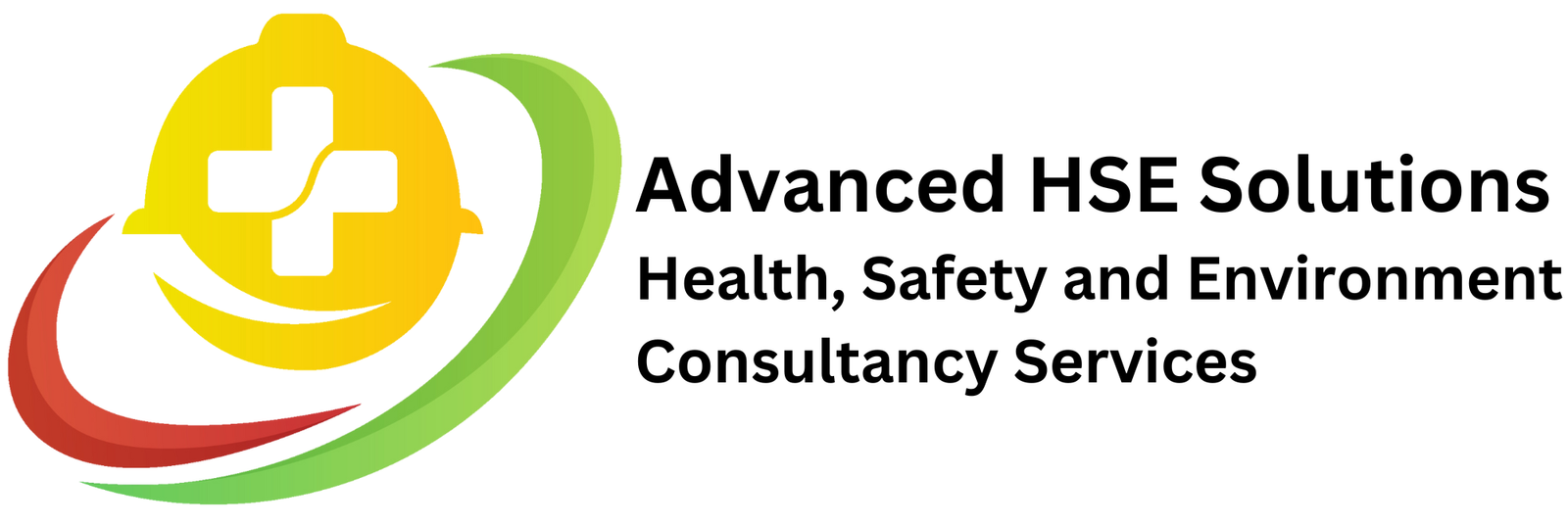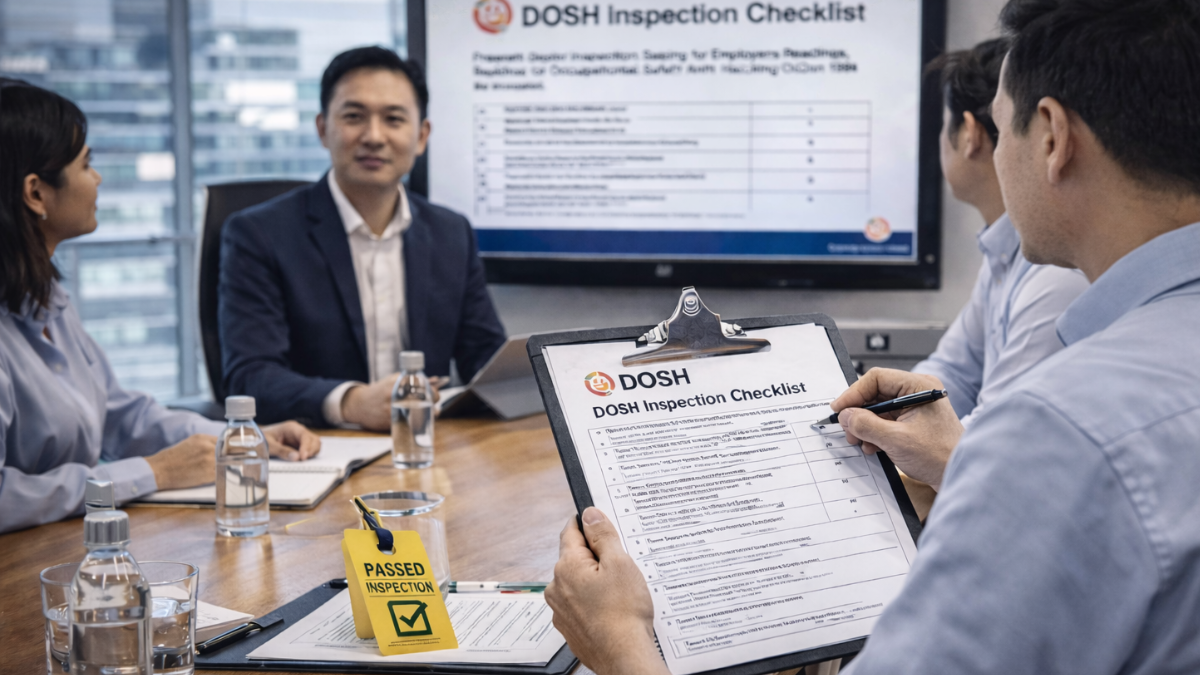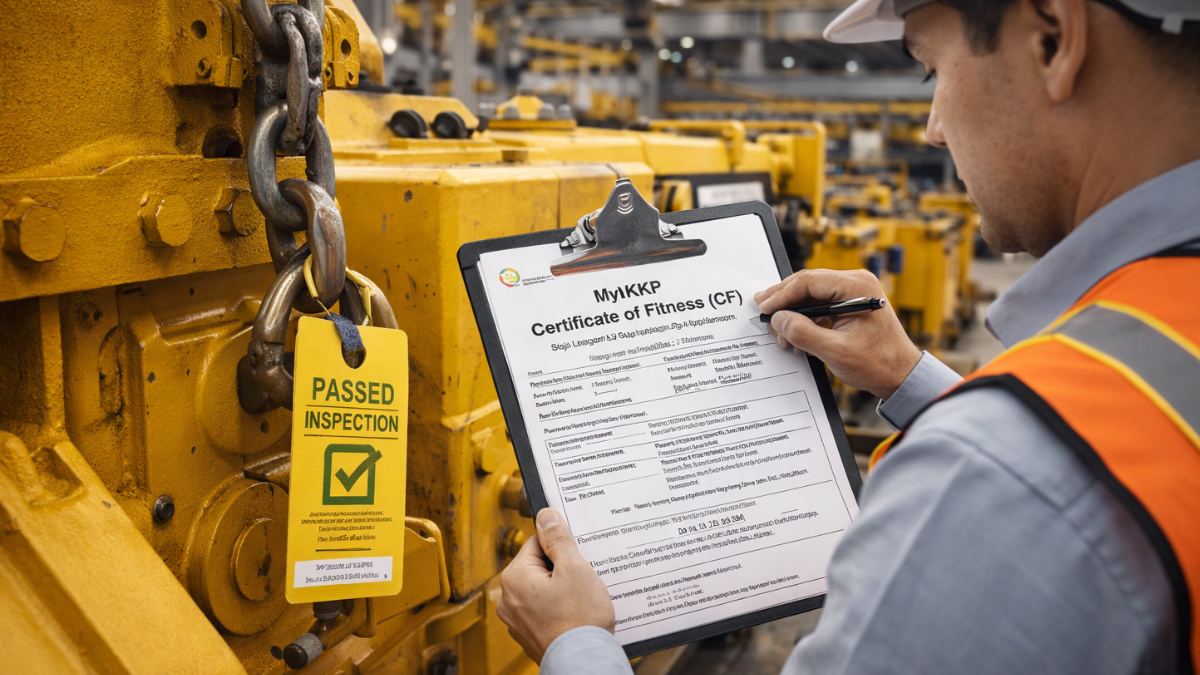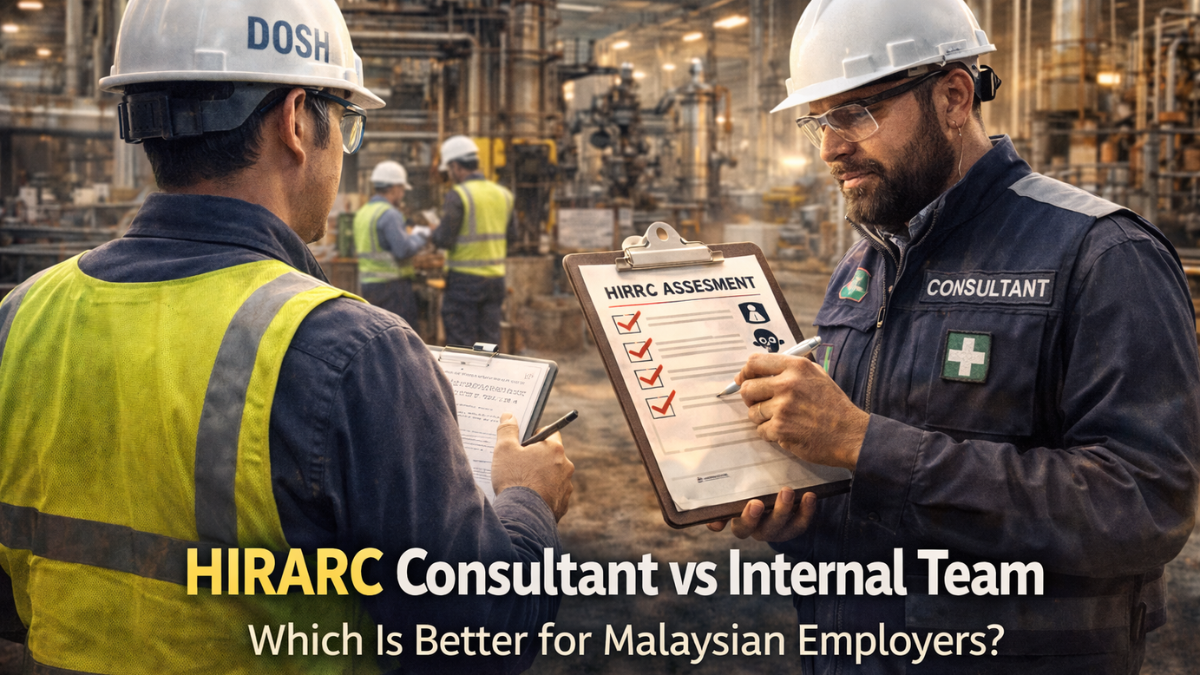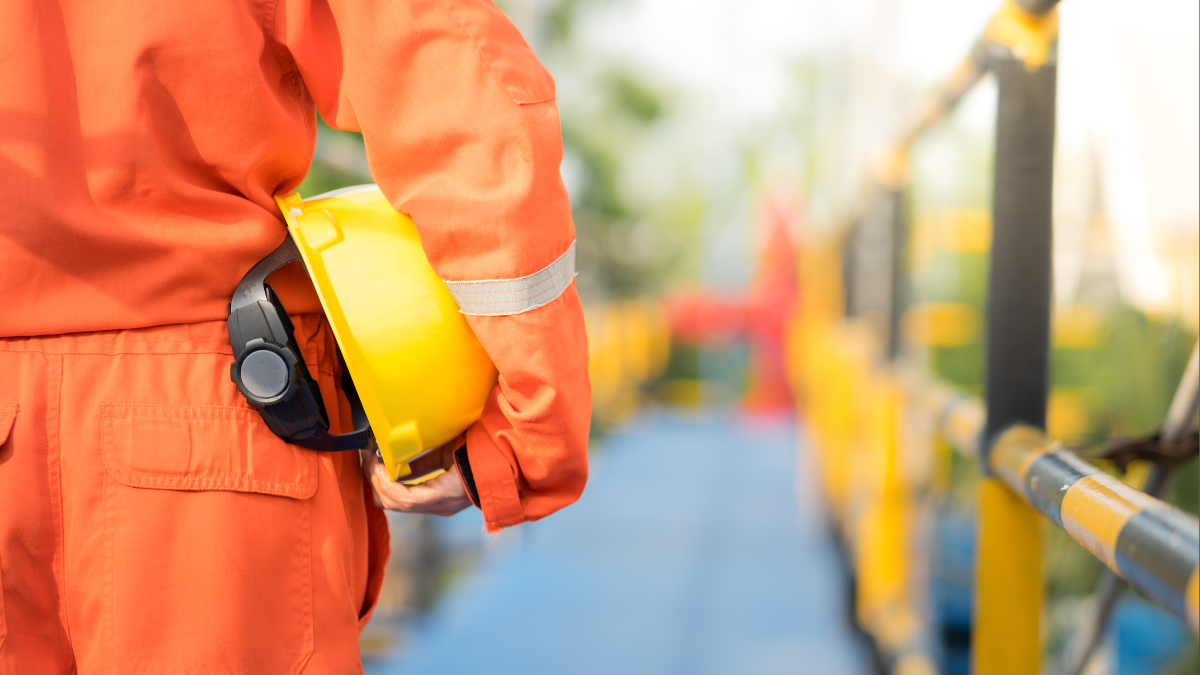Table of Contents
Introduction: The Importance of DOSH Compliance
In Malaysia, the Department of Occupational Safety and Health (DOSH) oversees workplace safety and health regulations. DOSH compliance is essential for businesses to create safe work environments, protect employees, and avoid legal issues. From industrial facilities to small businesses, adhering to DOSH standards is crucial for operational success and employee well-being.
This guide outlines everything you need to know about DOSH compliance, including regulations, processes, and practical steps to maintain safety standards in your workplace.
What is DOSH Compliance?
DOSH compliance involves meeting the safety and health standards set by Malaysian regulations, including the Occupational Safety and Health Act 1994 (OSHA 1994). These standards are designed to:
- Minimize workplace accidents and illnesses.
- Foster a safety-conscious culture among employees and employers.
- Ensure that businesses operate in a safe and legally compliant manner.
Key Regulations Under DOSH
Occupational Safety and Health Act 1994 (OSHA 1994)
This act ensures the safety, health, and welfare of employees and imposes duties on employers to identify and mitigate workplace risks.Industry-Specific Standards
DOSH regulations include specific standards such as:- Noise Exposure Regulations
- Chemical Health Risk Assessment (CHRA)
- Local Exhaust Ventilation (LEV) System Guidelines
These regulations apply to various industries, including construction, manufacturing, and oil & gas.
Who Must Comply with DOSH Regulations?
DOSH compliance applies to industries that involve potential workplace hazards, such as:
- Construction: Machinery operations, scaffolding, and heavy lifting.
- Manufacturing: Equipment safety, chemical management, and noise control.
- Oil & Gas: Handling hazardous materials and maintaining safety protocols.
- SMEs: Businesses with at least five employees must appoint an OSH Coordinator as per the OSH (Amendment) Act 2022.
Steps to Achieve DOSH Compliance
Understand Legal Requirements
Begin by familiarizing yourself with the Occupational Safety and Health Act 1994 and its specific regulations. Key obligations include:
- Conducting workplace risk assessments.
- Keeping up-to-date safety documentation.
- Assigning safety roles like an OSH Coordinator.
2. Conduct Comprehensive Risk Assessments
Regular assessments help identify workplace hazards and determine appropriate safety measures. Common assessments include:
- CHRA: Evaluates risks related to chemical use.
- Noise Risk Assessment (NRA): Measures workplace noise exposure.
- Ergonomic Risk Assessment (ERA): Ensures that workstations are designed for safety and comfort.
3. Implement Risk Mitigation Measures
Based on the assessment results, implement effective safety measures:
- Install equipment such as LEV systems to improve air quality.
- Provide Personal Protective Equipment (PPE) to employees.
- Develop and enforce standard operating procedures (SOPs) for risky tasks.
4. Train Employees
Training is vital for workplace safety. Enroll employees in HRDF-claimable programs to build their skills and understanding of safety protocols. Popular training programs include:
- OSH Coordinator Training
- Chemical Handling and Safety Training
- Emergency Response Team (ERT) Training
5. Schedule Regular Inspections
Conduct regular inspections to ensure compliance. Field audits help identify areas for improvement and maintain adherence to safety standards.
6. Stay Updated on Regulatory Changes
DOSH regulations evolve over time. For instance, the OSH (Amendment) Act 2022 introduced stricter penalties for non-compliance. Stay informed to ensure your business remains up-to-date.
7. Partner with Experts
Work with professional HSE consultants like Advanced HSE Solutions for guidance on compliance, risk assessments, and training. Their expertise simplifies the process and ensures your business adheres to the latest standards.
Challenges in Meeting DOSH Compliance
- Limited Knowledge: Businesses may lack awareness of their responsibilities under DOSH regulations.
- Cost of Implementation: Acquiring safety equipment and conducting training can be expensive.
- Resistance to Change: Employees and management may resist new safety protocols or changes to existing processes.
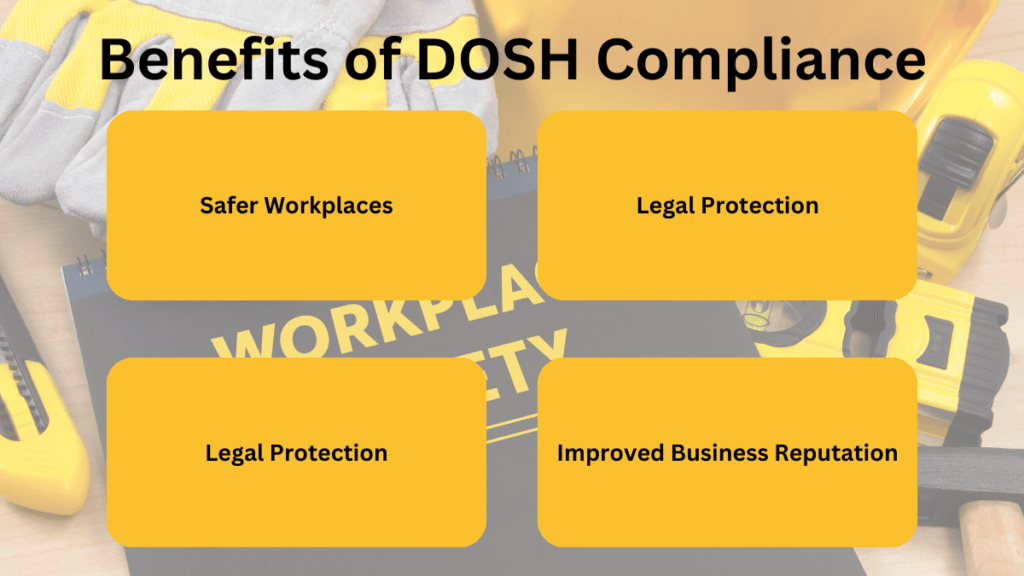
Benefits of DOSH Compliance
Safer Workplaces
Compliance reduces accidents and ensures employee well-being.Legal Protection
Avoid hefty fines and legal repercussions by meeting safety standards.Operational Efficiency
A safe workforce is more productive, leading to fewer disruptions.Improved Business Reputation
Demonstrating a commitment to safety enhances trust with clients and employees.
How Advanced HSE Solutions Can Help
Advanced HSE Solutions offers end-to-end support for achieving DOSH compliance. Our services include:
- Risk Assessments: CHRA, NRA, and ERA services tailored to your business needs.
- DOSH-Approved Equipment Supply: Unfired Pressure Vessels (UPVs) and lifting equipment.
- Training Programs: HRDF-claimable training courses to educate your workforce.
- Accident Investigation: Root cause analysis and preventive action planning.
Partnering with us ensures your business complies with all safety regulations while fostering a culture of safety and efficiency.
FAQs About DOSH Compliance
Q: What happens if my business fails to comply with DOSH regulations?
Failure to comply can result in fines up to RM50,000, imprisonment, or both, depending on the violation’s severity.
Q: Is it mandatory for SMEs to appoint an OSH Coordinator?
Yes, businesses with five or more employees must appoint an OSH Coordinator under the OSH (Amendment) Act 2022.
Q: How often should risk assessments be conducted?
Risk assessments should be conducted annually or whenever significant changes occur in the workplace.
Conclusion
DOSH compliance is essential for ensuring workplace safety, meeting legal requirements, and building a productive workforce. By following this guide and utilizing the expertise of Advanced HSE Solutions, your business can easily navigate compliance challenges.
Ready to achieve DOSH compliance?
Contact Advanced HSE Solutions today to get started.
